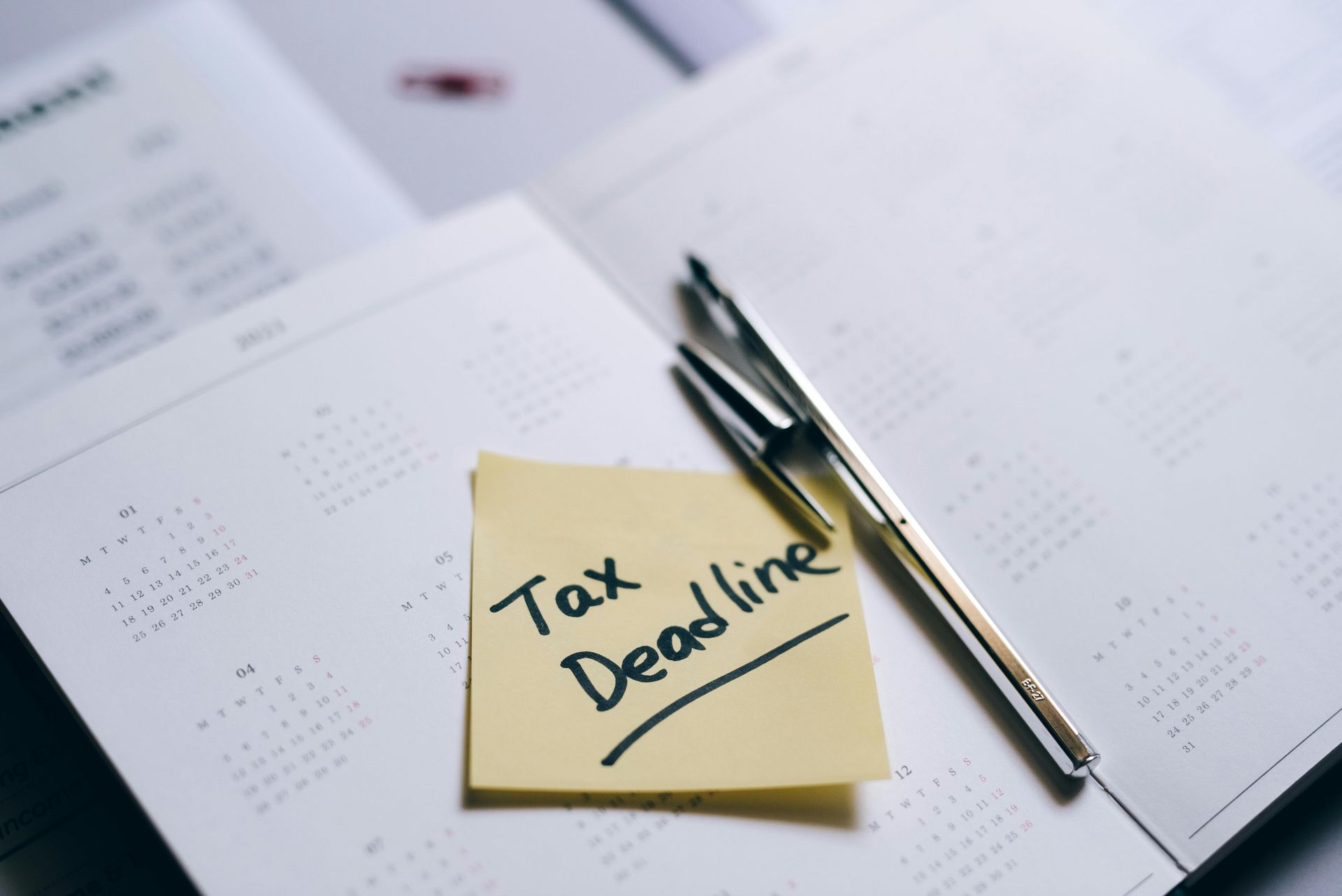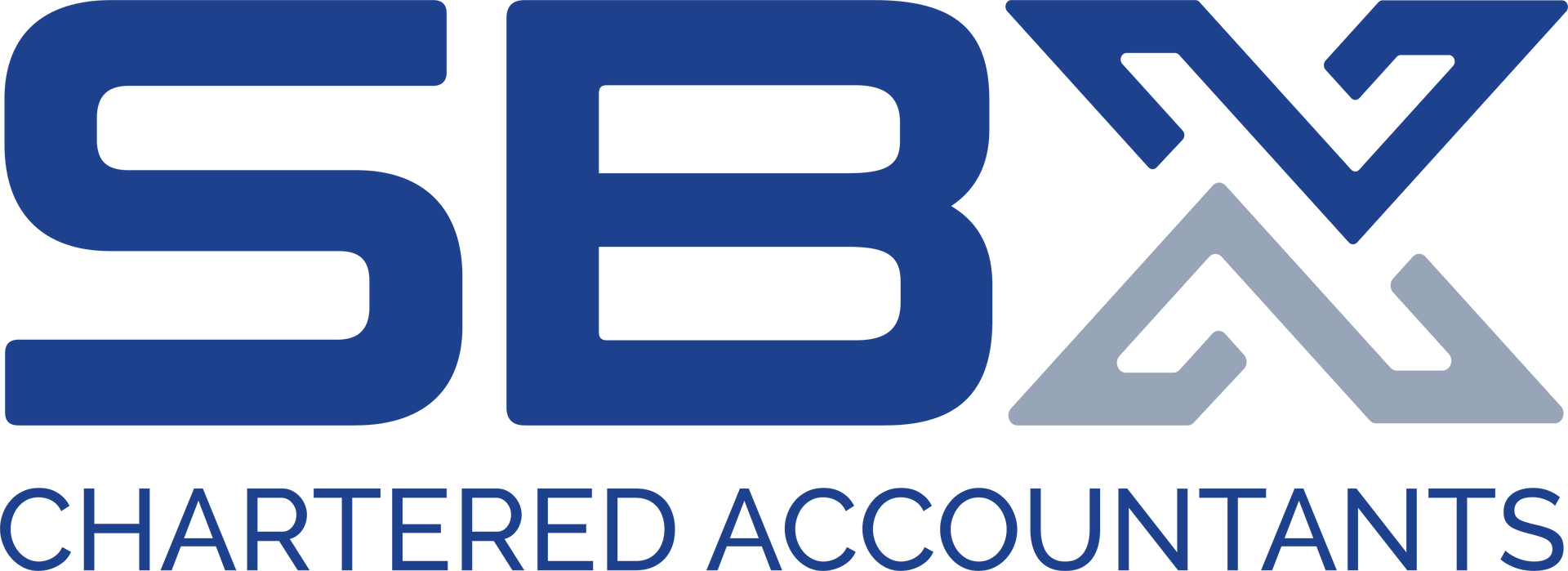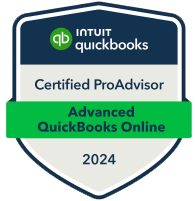Revolutionise your finances by digital accounting
How Digital Accounting Can Transform Your Business
Over the past five years, businesses have had to adapt to big economic changes, no matter what industry they’re in. The sudden switch to remote work and strict lockdown rules forced companies to rethink how they operate just to keep things running. Online tools became a lifeline for staying connected and keeping businesses afloat.
Now, tools like cloud-based accounting software, automation, and real-time financial tracking aren’t just nice-to-haves—they’re must-haves. They let you manage your finances, keep an eye on expenses, and stay on top of compliance, all from anywhere.
Digital accounting has completely changed how businesses handle their finances, offering better efficiency, accuracy, and insights compared to old-school methods. For UK businesses, it’s also a requirement to meet HMRC’s Making Tax Digital (MTD) rules, which demand digital record-keeping and VAT filings through compatible software. But beyond just following the rules, digital accounting brings a ton of benefits that can help your business grow.

- More Accuracy
Doing things by hand often leads to mistakes, which can mess up your finances or get you in trouble with compliance. Digital tools handle calculations for you, keeping your records spot-on and lowering the risk of costly errors in your tax filings.
- Saves You Time
Digital accounting makes tasks like invoicing, expense tracking, and bank reconciliations quick and easy. This frees up your time to focus on growing your business. Plus, cloud platforms let you access your data instantly—no more digging through paperwork—and your accountant can jump in without needing to swap documents.
- Stays Compliant with MTD
If your business is VAT-registered, you need to follow MTD rules by keeping digital records and filing taxes online. Digital software makes this simple, helping you avoid penalties and stay on top of your tax duties. Starting in 2026/27, MTD rules will apply to businesses earning over £20,000, with self-assessment returns due by January 31, 2028.
- Gives You Real-Time Insights
With digital tools, you can see up-to-date info on your income, expenses, cash flow, and profits. This helps you make smart decisions and plan ahead with confidence.
- Saves Money
Working with SBX Accountants can help you save on taxes, avoid mistakes, and even includes access to QuickBooks, which can save you over £300 a year. Fewer errors and less admin time mean more savings for your business.
- Access Anywhere
Cloud-based accounting lets you manage your finances from anywhere - perfect for remote teams or if you’re always on the go. You’ll never miss a beat, no matter where you are.





